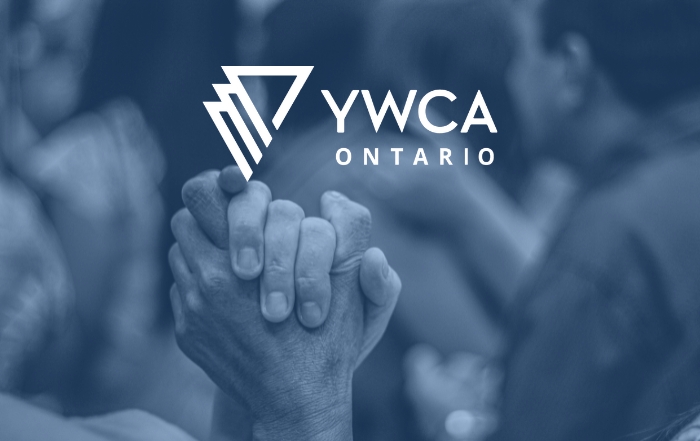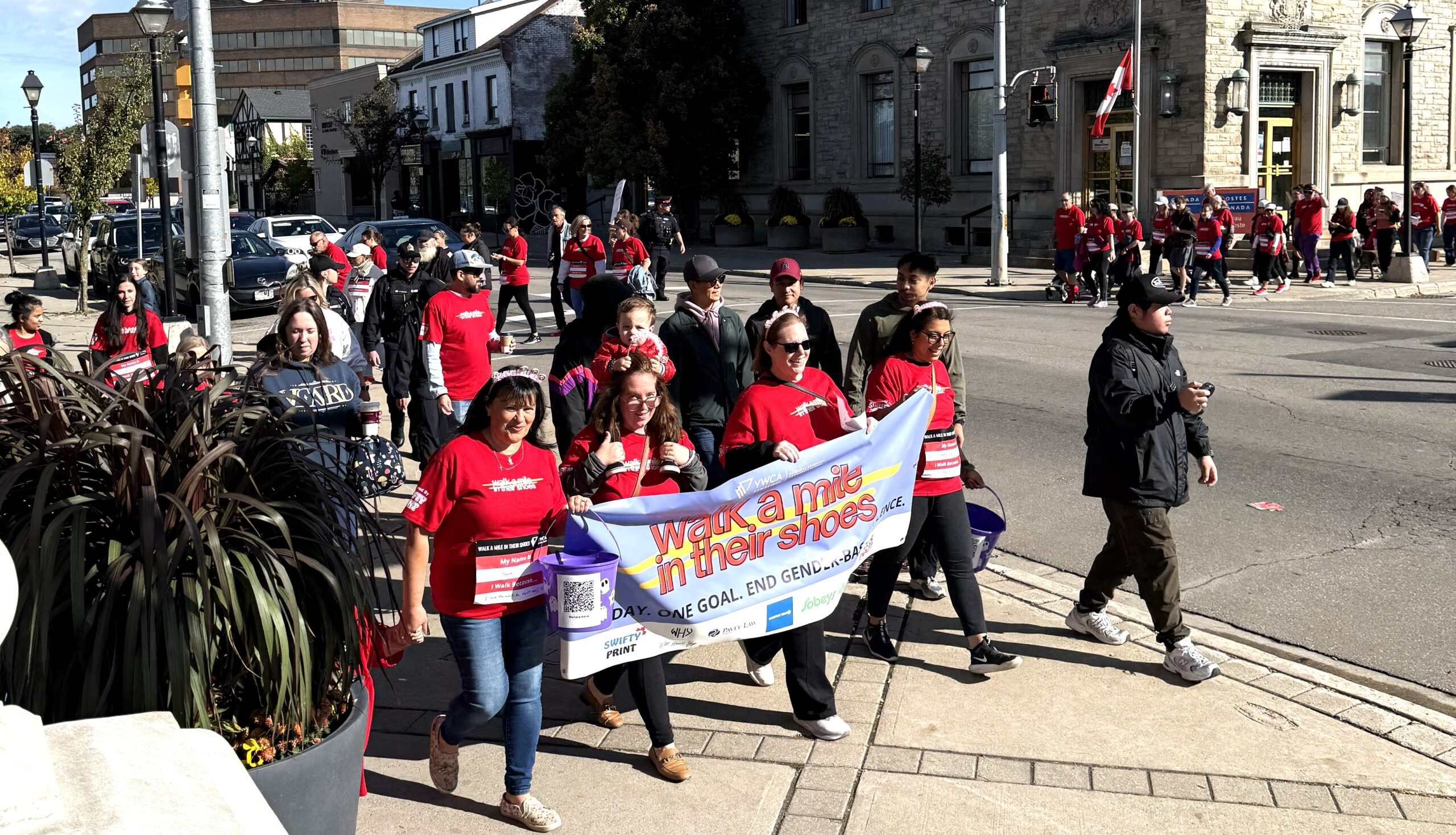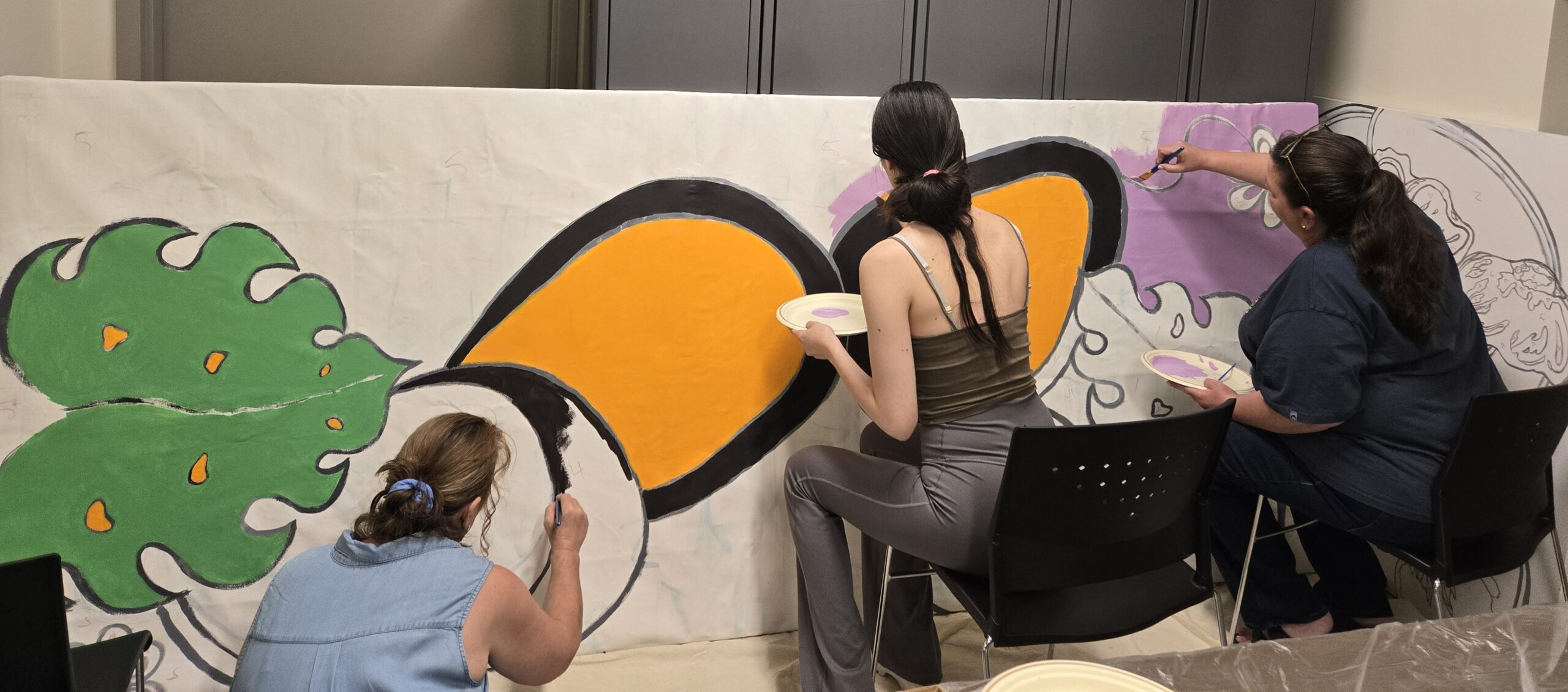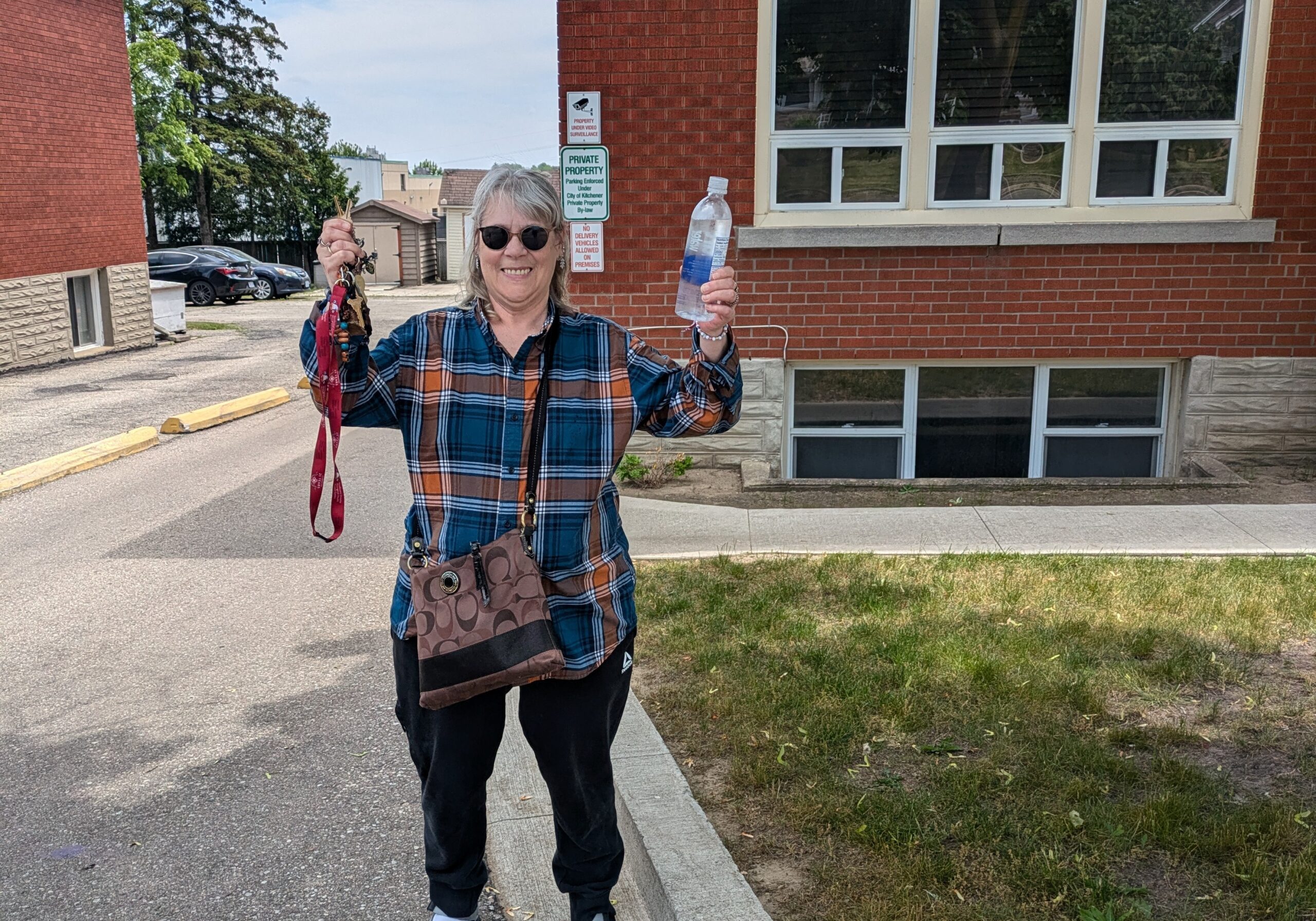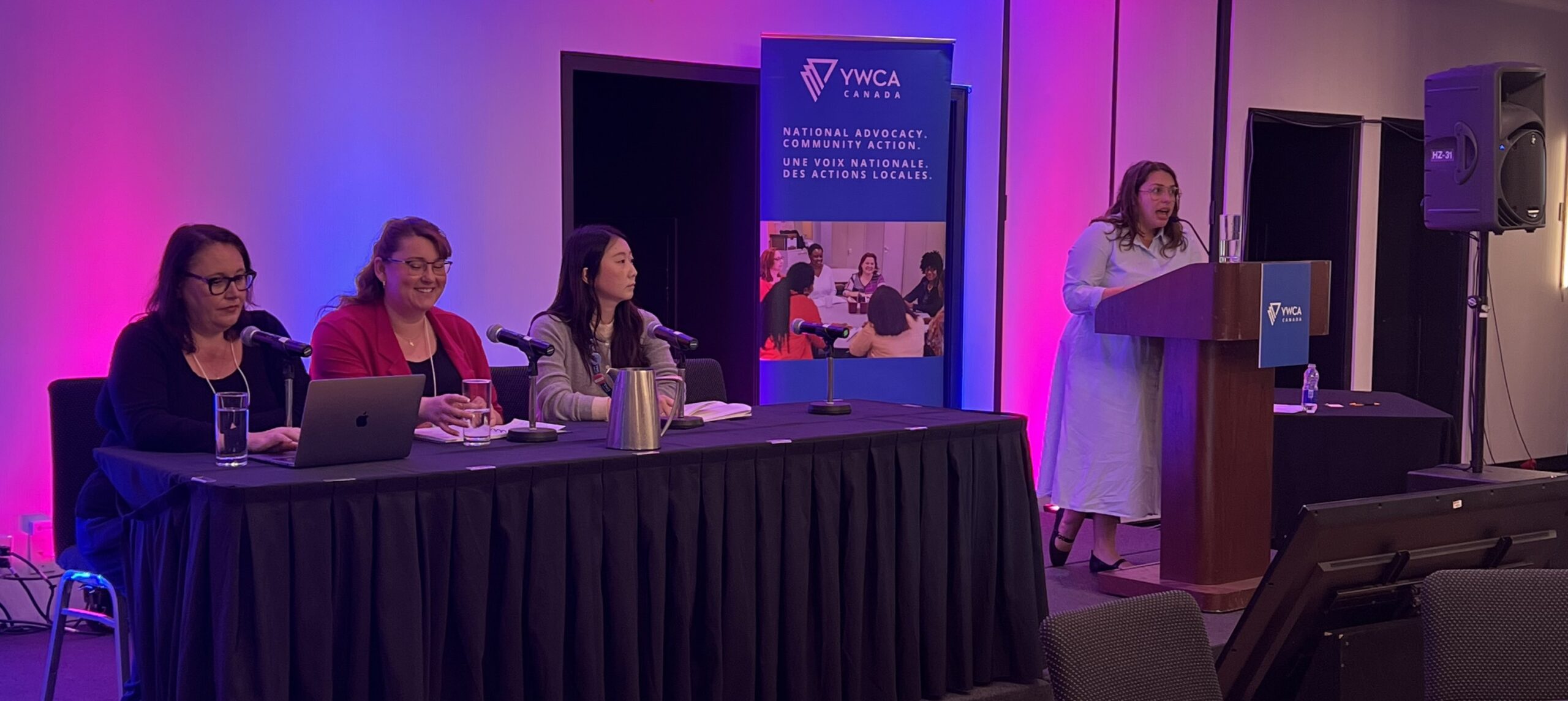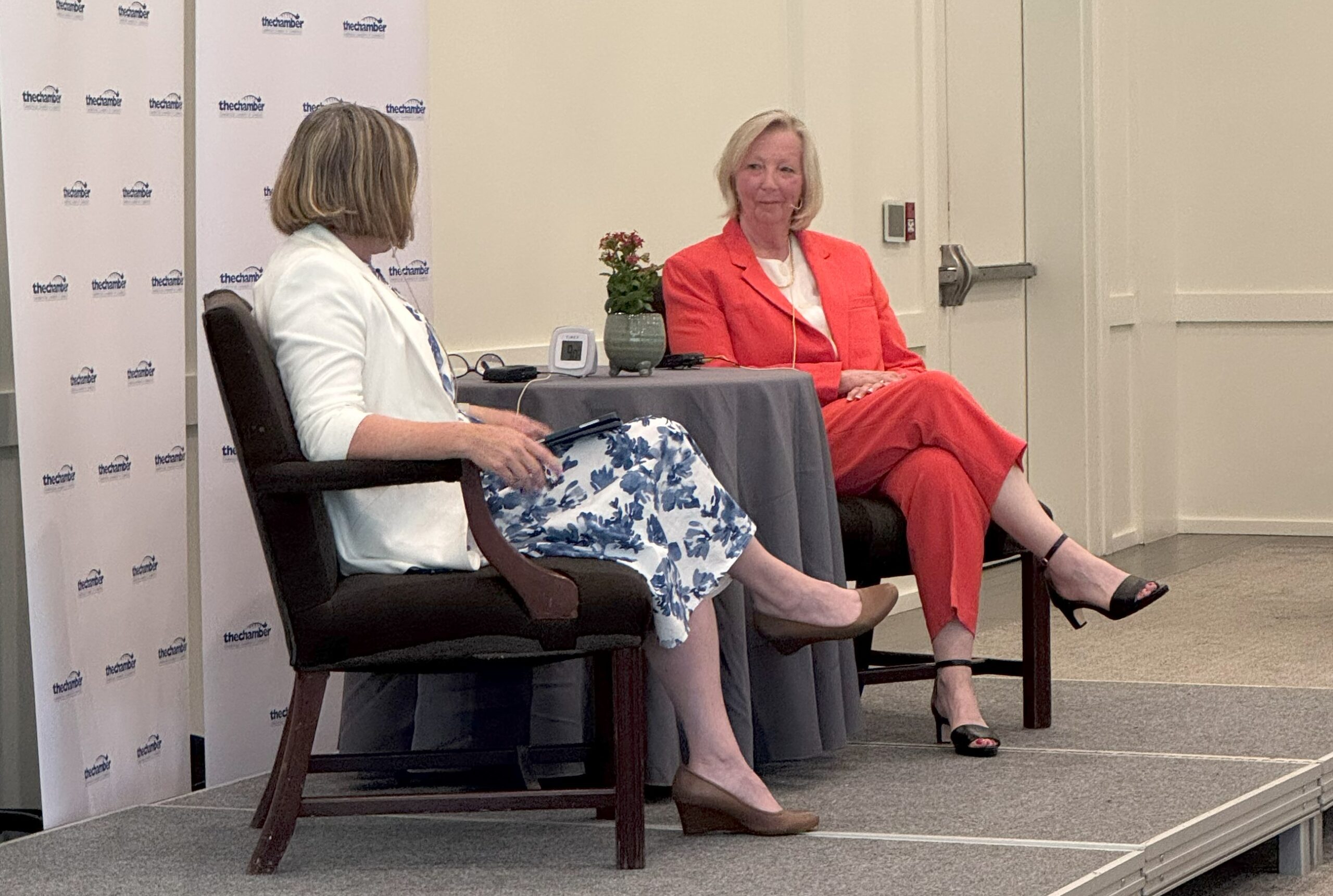Find a PDF of the letter here.
November 18, 2025
The Honourable Doug Ford
Premier of Ontario
Legislative Building
Queen’s Park
Toronto, ON M7A 1A1
By email: premier@ontario.ca
RE: Bill 60 will erode tenant protections and increase housing instability in Ontario
Dear Premier Ford,
As a coalition of YWCAs across Ontario, we are deeply concerned that Bill 60 will erode tenant protections and increase housing instability throughout the province. Collectively, YWCAs provide thousands of women, gender diverse people, and families with affordable housing, emergency shelter, and support services that foster safety, stability, and long-term independence. Comprising 10 member associations across the province, from Niagara Region to Sudbury, we see the impacts of precarious housing and homelessness in every corner of Ontario.
Bill 60 proposes changes that will lead to greater rates of homelessness, and housing and economic precarity. Reducing the time and means available for tenants to pay rental arrears and shortening the window to dispute or appeal eviction decisions will lead to more evictions. Removing the one month’s rent compensation for tenants displaced when the landlord or their family members move into the unit leads to financial instability, especially for renters who may already be facing significant financial challenges.
Across Ontario, nearly every woman we serve who is experiencing homelessness is also a survivor of violence. From our front-line experience, we know that secure housing and strong tenant rights are fundamental to preventing homelessness and gender-based violence.
The proposed amendments to the Residential Tenancies Act will have far-reaching impacts on women and gender diverse people, including:
- An escalation in homelessness: Women and gender diverse people are already overrepresented among those without housing. Shortened eviction timelines and reduced opportunities to appeal decisions will force more families into unsafe situations or onto the streets, placing additional strain on already stretched shelter systems as well as on emergency and medical services.
- Deeper economic insecurity: Rising costs, stagnant wages, and a shortage of affordable rentals are pushing low-income tenants to the edge of precarity. For women-led households, unstable housing disrupts employment, child care, and education. These are key pathways to economic stability. Curtailing notice periods and compensation for evictions removes what little security these families have left.
- Increased risk of violence: Housing instability and gender-based violence are inextricably linked. When survivors are unable to secure safe, affordable housing, they are often forced to remain in abusive homes or face homelessness. Weakening rental protections strips away critical safeguards that help survivors rebuild their lives in safety.
These harms will fall most heavily on Indigenous, racialized, newcomer, and disabled women and gender diverse people –those already confronting systemic inequities in housing access. Bill 60 will deepen poverty, heighten vulnerability to violence, and undermine the economic and social wellbeing of communities across Ontario.
Bill 60 and all public policies must be shaped by the voices of those most affected by them. This includes tenants, individuals experiencing homelessness and the community organizations that strive to support them. These stakeholders hold critical insights and lived experiences that, when taken seriously, can help avoid legislative shortfalls and harmful unintended consequences. Similarly, municipalities play a key role in addressing housing challenges and should be consulted meaningfully about any provisions in this Bill. We urge your government to reconsider Bill 60 and to take action to strengthen tenant protections. Stable housing is the foundation of safety, economic participation, and gender equity. We encourage the province to collaborate with frontline organizations like YWCAs across Ontario, who work every day to build safe, inclusive, and resilient communities, and we welcome the opportunity to meet with you about this critical issue. If you would like to book a meeting, please contact Sami Pritchard, YWCA Toronto Director of Advocacy and Communications, at spritchard@ywcatoronto.org.
Sincerely,
YWCA Ontario

